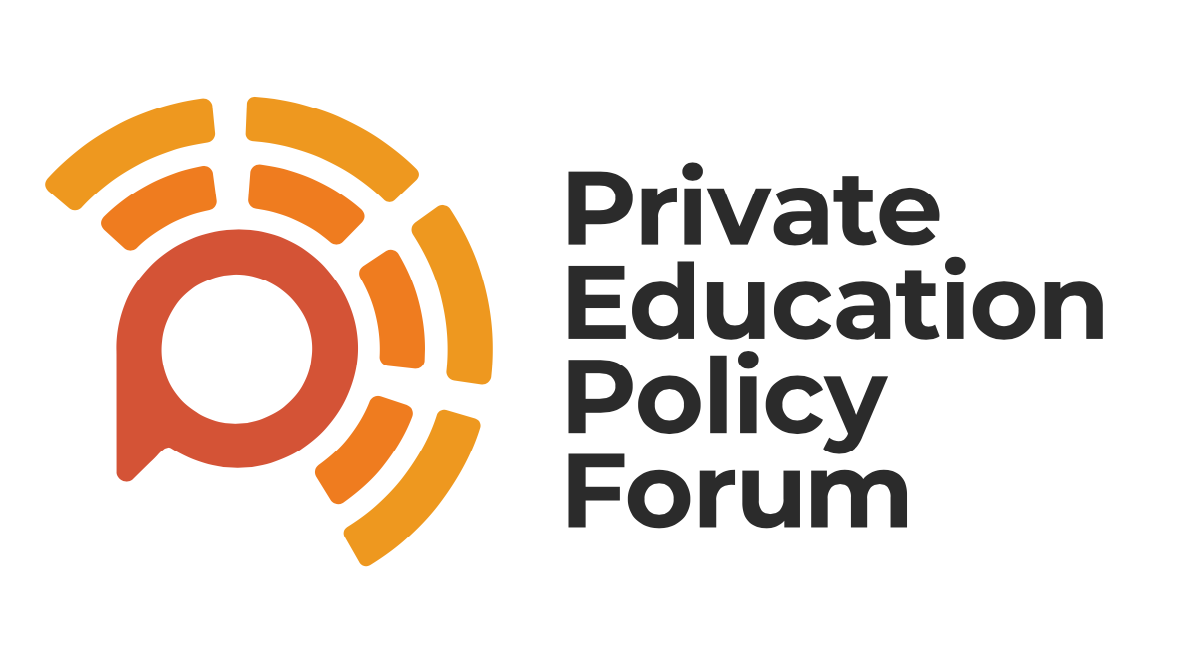
Media coverage of this policy is seriously lopsided, writes Tom Davies. Where are the many, many voices who support it?
When Labour leader Keir Starmer first formally pledged to end private school tax breaks in 2021, initial combative coverage quickly dissipated.
It was, after all, only the retention of a policy which had featured on his party’s 2019 election manifesto, had already been mentioned in passing by Starmer the year before, and has even been touted in the past by Conservative politicians Michael Gove and Theresa May.
More than a year later, though, something changed. Consecutive Daily Mail front page stories in November of 2022 made way for a wave of high profile national media articles on the issue.
Suddenly, a seemingly co-ordinated assembly of private education sector leaders, Conservative politicians and prominent columnists were appearing in the British press with pointed criticism of Labour’s plan.
The reason for the time delay between the announcement and the start of a regular assault is unclear.
The private school lobby may have just getting their ducks in a row – or perhaps the consistency of the polling lead which Labour consolidated in the interim took the private school lobby by surprise.
In any case, what has followed has been a constant stream of coverage amplifying opposition to the policy, with critical articles and editorials appearing in The Mail, The Telegraph or The Times (and their online equivalents), often on a daily basis.
Sofa discussions and phone-ins on national radio and TV talk shows have followed suit. Pushback in left-of-centre publications supporting the policy has appeared, but only intermittently.
Understandable concern
Of course, the fact that much of Britain’s disproportionately privately educated media is against a plan to take away a tax benefit enjoyed by private schools is of no surprise on its own.
The main argument – that the added tax would force middle class parents out of the private sector and reduce bursary provisions, punishing private schools’ least affluent patrons while putting additional pressure on the state system and generating little revenue in return – is not a baseless one.
The Institute for Fiscal Studies’ analysis of the policy convincingly argued that these claims exaggerate the likely impact of the move, but did admit to basing its conclusions on educated estimates rather than concrete knowledge of the resulting impact.
What has been most striking, though, is quite how relentless the onslaught has been.
Endless column inches
It’s hard to recall another educational policy proposal which has attracted such a sustained media backlash. Perhaps Starmer’s hesitance to take clearly-defined policy positions elsewhere has focused attention on this one.
Regardless, the attacks on his private school VAT pledge have grown in apparent desperation as well as volume, with imaginative claims that the move would push disadvantaged children out of grammar schools and bring single-sex education to its knees somehow given journalistic credence.
Given the policy is notionally designed to raise money for state schools, the voices of those in the state school sector have been conspicuously absent from the conversation.
One anonymously written op-ed in The i from a state school teacher begging for some perspective is just about all we’ve seen, while private school heads and sector figures (often introduced in articles as ‘education experts’, unlike their state sector counterparts) opposing the move receive seemingly endless column inches.
Stand up for state school kids
Such an absence of state school voices in the debate is dispiriting for the vast majority of us who went to state school and hugely support the policy – not because of the ‘politics of envy’ or ‘class war’, but because of basic rationality.
Critics might be right in asserting that the amount raised from the tax will be relatively small (if you can call £1.4 billion small).
But when some state school buildings are in crumbling disrepair and the funding gap between the two sectors continues to grow, any amount of fairer resource distribution in favour of the 93% of British children educated by the state shouldn’t be sniffed at.
And labelling private education a ‘non-luxury good’ via its VAT exemption, meanwhile, has always felt like an aberration.
Isn’t it a luxury to send your child to an exclusive school with more resources, considering every child has the option of state school for free? It’s certainly difficult to argue a private education is an essential purchase (which is what VAT doesn’t apply to).
Amplification of a minority view
Despite the media noise to the contrary, this alternate view of the policy seems to be rather widely held.
Issue-specific polling from Ipsos and YouGov has shown that even Tory voters are generally in favour of VAT on private school fees.
And yet, more than one national outlet reported on these clear-cut results by spotlighting the small minority who opposed the policy.
This is somewhat emblematic of the lopsided coverage which the issue has received, but as a more recent Sunday Times poll makes clear, it doesn’t change the facts: when over 40% of private school alumni support the policy, the private school VAT critics must know the public don’t share their view.

The fact that Labour also remains considerably ahead in the all-important national voting intention polls, with a 2024 election looming, is a significant one.
This state of play means two things for private schools and VAT.
- The media campaign attacking VAT doesn’t look like it’s going to cost Labour votes.
Persistent claims that the policy will bomb with ‘aspirational’ parents (who would use private schools if they could) may, ironically, have contributed to its popularity, carrying with it an insulting implication that parents who eschew private schools lack aspiration.
As right-wingers have often pointed out since the Brexit vote, normal working people don’t like being talked down to.
- Some of the more switched-on members of the independent sector have already accepted this reality.
Also indicated by Labour’s huge lead is that, barring a dramatic pre-election swing in opinion, this change is coming. Private education consultant Neil Roskilly suggested that VAT on fees has been flagged in the sector for some time, and many schools are already planning and adapting accordingly.
So perhaps a certain section of the media should cease its relentless amplification of a minority view of this small but sensible tax reform.
In the process, it might even consider listening to the quieter majority of state-educated Brits who, quite understandably, support it.

Tom Davies is a former free school meals state school student, and he now works for a charity supporting people recovering from drug addiction



